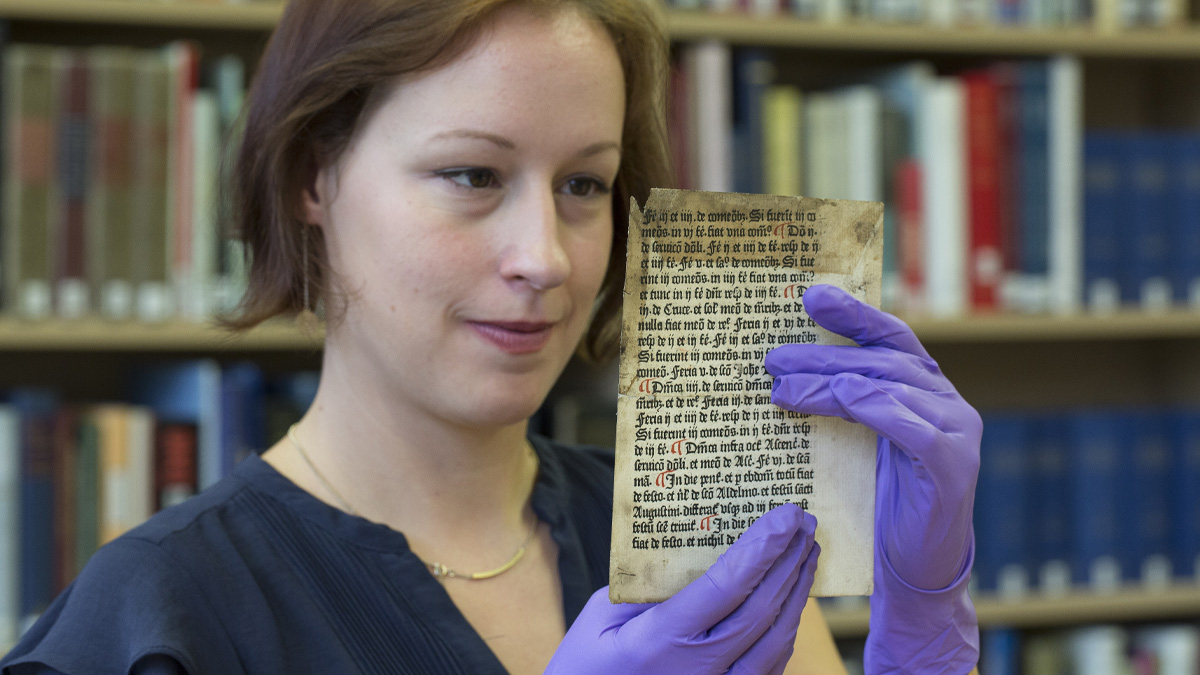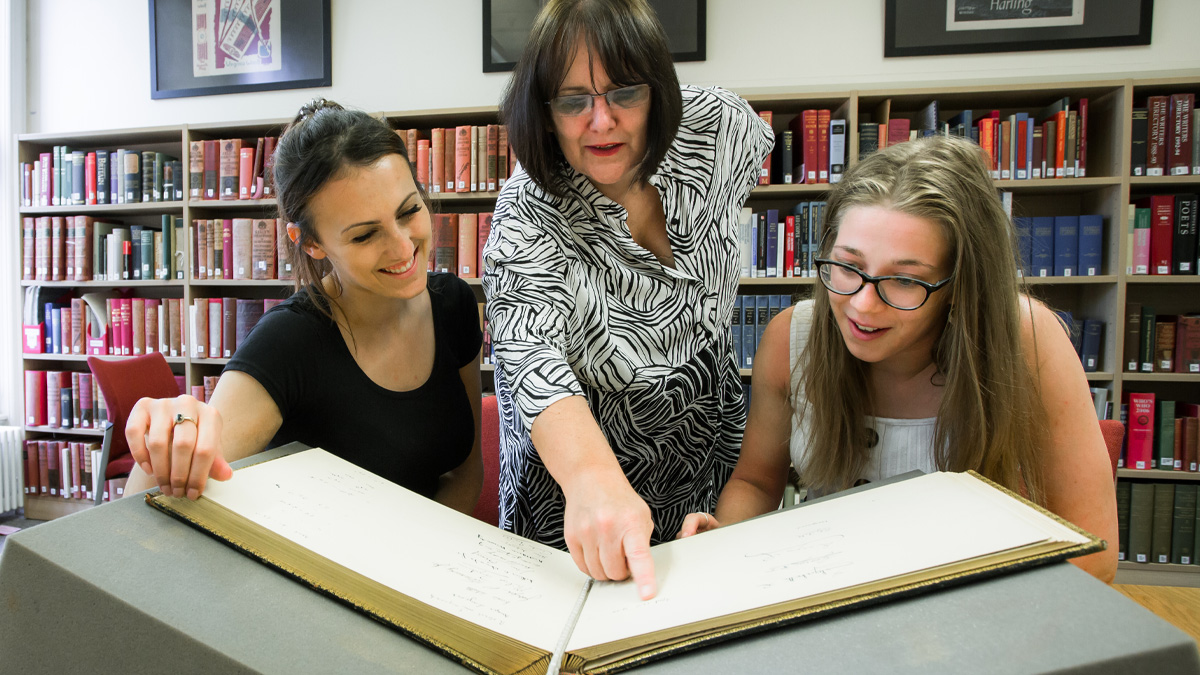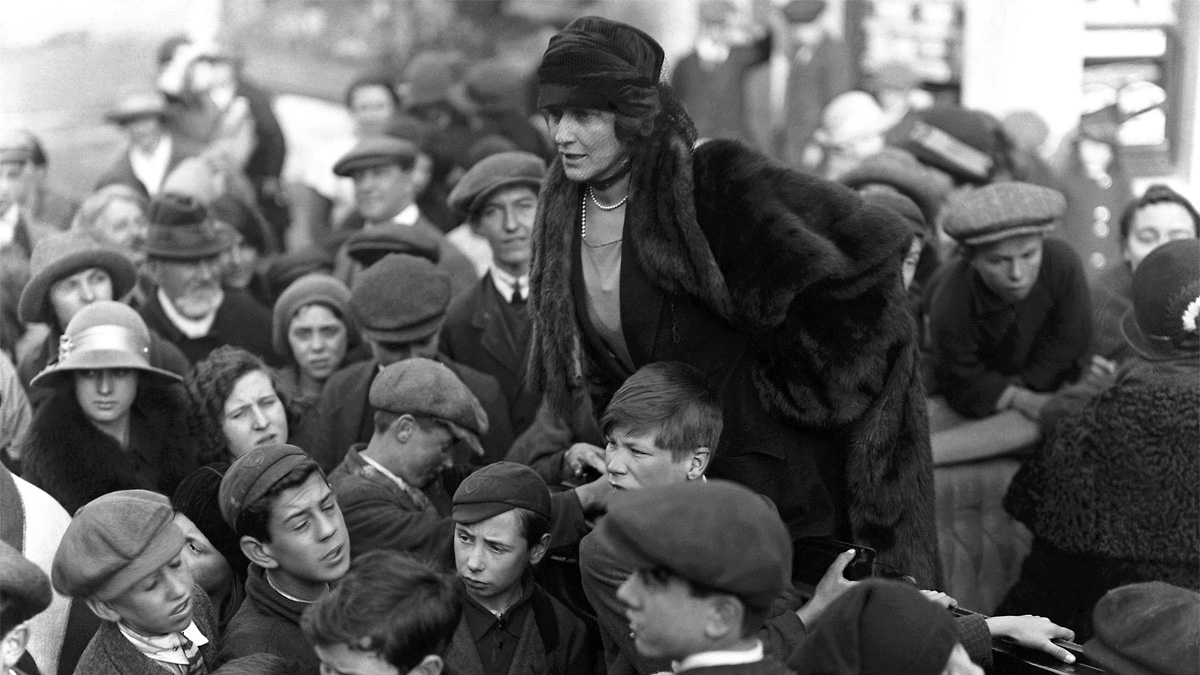Seminars introduce you to primary and secondary source materials relating to case studies in addition to readings on conceptual, historiographical or methodological questions.
You will also attend sessions focusing on topics such as primary research and historiography, reading texts and written archives, writing a historiography working with primary sources, presenting an argument and designing a research project.
You will have access to, and think critically about the use of source materials potentially available for the study of the middle ages.
An optional module in Advanced Study and Source Analysis will help develop skills in the identification and use of relevant archives and research collections.
Developing key skills
Seminar discussions and written exercises introduce you to, and give you the opportunity to develop, the following key skills:
- theoretical and methodological approaches to the different disciplines
- information location and retrieval
- database work
- editing and indexing
- technical description of manuscripts and buildings and interpreting images.






